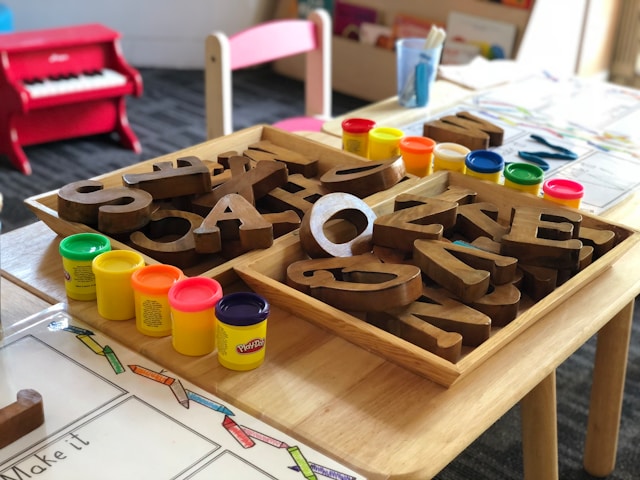Understanding Chronic Pain Causes Symptoms and Management Strategies
Pain is your body’s normal reaction to injury or illness. It signals that something is wrong and should disappear once the problem is resolved. But sometimes it doesn’t. Chronic pain can continue for months or even years after the cause has disappeared. It can be frustrating and debilitating.
Symptoms
Pain is a normal reaction to an injury or illness, letting us know something is wrong. But when the pain lasts longer than it should, comes and goes, or interferes with daily activities and mood, it’s called chronic pain. Pain starts in receptor nerve cells beneath the skin and organs throughout your body. These cells send messages along nerve pathways to the spinal cord, which carries them to your brain. Pain medicine reduces or blocks these signals. Chronic pain may have a cause, such as an old injury or illness. But sometimes a cause can’t be found. Depression and stress can make pain worse, and some people have muscle pain all over the body (called fibromyalgia), even without a specific cause. Constant pain can also make you tired, lose your appetite, and affect your sleep, energy, and mood. These changes can lead to problems such as depression, anxiety, and trouble concentrating. Pain management St. Augustine, FL, involves various techniques and treatments to alleviate or reduce physical discomfort. This can include medication, physical therapy, acupuncture, and other interventions aimed at addressing the source of the pain. The goal of pain management is to improve the individual’s quality of life by minimizing the impact of pain on their daily activities and overall well-being. It is essential for individuals experiencing chronic or acute pain to work with healthcare professionals to develop a comprehensive pain management plan tailored to their specific needs.
Triggers
Pain is an integral part of the body’s normal response to injury or illness. It lets us know when something is wrong, and it usually goes away once the problem has been treated. However, some people have pain that lasts longer than the standard recovery period after an injury or illness or pain that reoccurs despite treatment. When this happens, doctors call it chronic pain. Symptoms can be constant or come and go, affecting any body area. They can make it hard to work, get enough sleep, or enjoy life. And they often trigger other health problems, like depression and anxiety. Treating the underlying condition is critical, but it’s also helpful to learn to manage pain and prevent it from controlling your life. This may include eating a balanced diet, getting enough sleep and exercise, taking stress-relieving medications, and talking with a mental health professional. It might also help to find a support group to talk with others who have the same kind of pain you do.
Causes
Pain is caused by nerve cells in the skin and organs, which send signals to the spinal cord and then carry them to your brain. Acute pain occurs from injury or illness, such as a cut, broken bone, or surgery, but it usually goes away once your body heals from the problem. Chronic pain can last longer than the usual recovery period. Sometimes, the cause of pain is difficult to pinpoint. It may be related to an injury or illness, such as arthritis or cancer, but it can also occur for no apparent reason. Some types of chronic pain are neuropathic, meaning that they develop from damage or dysfunction in the nervous system. Doctors treat chronic pain with medications, including oral or topical analgesics such as nonsteroidal anti-inflammatories, acetaminophen and opioids, muscle relaxants, and antiepileptic drugs. Other treatments may include physical therapy, psychological and behavioral therapies, and complementary therapies, such as biofeedback and acupuncture. These can help reduce the amount of pain you feel, control symptoms, and improve your quality of life.
Management
Pain serves an essential purpose by alerting us to injury or illness. But, chronic pain persists after the body heals or when a disease has no cure (such as arthritis and fibromyalgia). When a person is experiencing high-impact chronic pain, it may impact daily life and work activities. It is also a common cause of depression and anxiety. It’s important to recognize these mood symptoms and support the person. Please encourage them to participate in daily activities, maintain a regular sleep schedule, and seek professional help. Your doctor will want to determine if the pain has a physical cause, such as an illness or injury, and may order tests, such as X-rays or MRI, to find it. Often, the cause cannot be determined. This is called psychogenic pain. Pain and depression often co-exist and can amplify each other. Psychological treatments may be effective in managing chronic pain. These include medications, acupuncture, and yoga.









